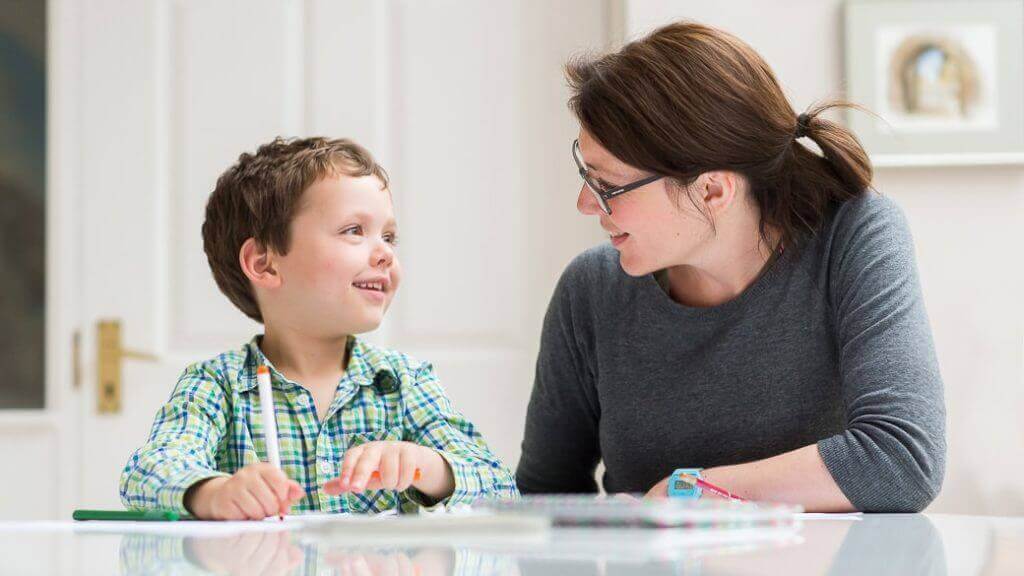I have outlined ten activities to help you plan and structure your child’s maths lessons. These are only a guide, but all of these featured in my daily, weekly or termly teaching.
1. Mental maths
Having good mental calculations is key to your child’s confidence in the subject. Try and focus on a range of topics and not just times tables. For example, units of measurement, multiples, factors and negative numbers can all be incorporated, and the variety will be sure to make it more fun. Mental maths can be done verbally and in writing.
2. Starter activities
The first ten minutes or so at the start of a lesson can be used to recap topics previously covered, work on mental maths skills or even to do a fun, interactive activity to get your child’s brain engaged. However, this should be a key time to get some informal diagnostic feedback about their understanding of topics previously covered.
3. Inquiry-based questions
These are word problems which need to be unpicked to find the relevant information before a solution can be found. They apply the knowledge your child already has to a more demanding context. Try these types of questions once your child has mastered a particular topic.
4. Links to the real world
Children are not always aware of why they are learning maths. Creating links to real world problems allows them to see how the maths they are learning is useful. Most topics can be applied to the real world, so think about how you might incorporate them. For example, when learning about value for money, you can link this to when they have been in a supermarket. Do you go for the smaller jar of peanut butter or the bigger one? Which is cheaper per 100g?
5. On-going projects
Projects are a great way of learning topics whilst taking ownership of a piece of work. Children usually find them a lot more fun as they help break up the monotony of book work. Be creative with the projects you choose. If you can incorporate a few topics into one, even better. There is an abundance of project ideas online, so take time to look for something that is appropriate for your child. When doing a project, dedicate either a whole, or a portion of a lesson or two each week for a number of weeks.
6. Interactive activities
Mix things up a bit by doing a lesson on an iPad or computer every now and then. This doesn’t mean it’s a wasted lesson. Instead it’s a chance to incorporate an element of ICT into learning, which is becoming an ever more important skill. There are numerous websites which have age-appropriate tasks and activities, so do a little research to find the right thing for your child. BBC Bitesize is a great resource which has revision tasks, quizzes and videos on almost every topic your child will study.
7. Cross-curricular activities
Where possible, try and incorporate other subjects in to your Maths lessons. I’ve already mentioned the use of ICT, and most other subjects can be tied in, in a way that enhances your child’s overall education. For example, English comprehension skills can be developed by practising word problems through the decoding process. Maths sequences can be linked to musical sequences. The populations of different countries can provide a link between Geography and Maths. Cross-curricular activities can provide a blueprint for many fun and creative lessons
8. Plenary activities
Plenaries are a vital tool for diagnostic feedback. At the end of your lessons, you will want to know how well your child has understood the topic. Allow five or ten minutes to test their knowledge and possibly to extend it further. You can give an extension question or activity, but simply asking your child to explain what they have learned is a good way to gauge whether they understand the underlying concept being taught.
9. Summary tests
Summative feedback is necessary to track your child’s progress. End of topic tests are a good way of identifying areas of strength and any underlying misconceptions. You can find many of these resources online to save yourself the preparation time.
10. Exam practice
Exam practice is a necessary evil! It doesn’t matter what your end goal is, exam practice will help you track the progress of your child. Whether you do this year-on-year or more often, be clear about why you are doing this. For example, you might be interested to see how your child’s understanding compares to the National Curriculum age-related descriptions. Alternatively, you might be preparing your child for 7+, 11+ or 13+. Either way, try not to put too much pressure on these exams.
